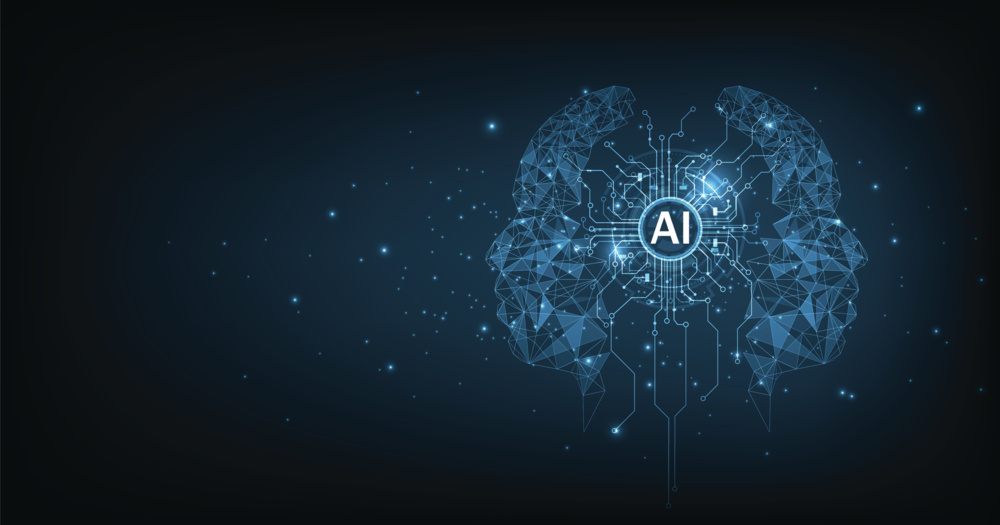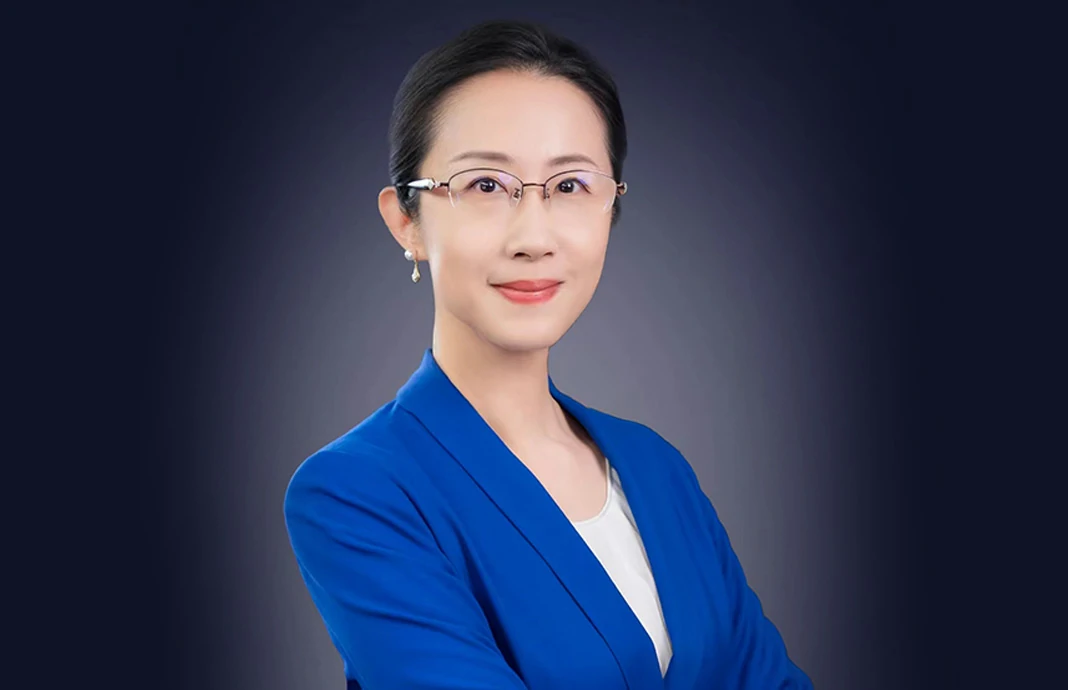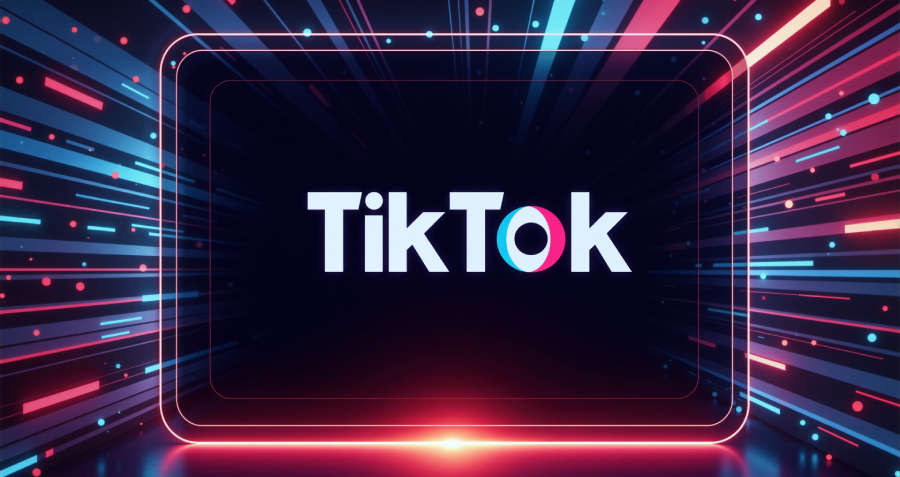Download the white paper HERE.
CKGSB Professor of Managerial Practice of Strategy and founder and CEO of Gao Feng Advisory Company, Edward Tse, has written a new white paper titled, A Paradigm Shift in Organizational Thinking Enabled by AI Transformation.
The rapid rise of artificial intelligence is profoundly reshaping the global business landscape, becoming a strategic imperative that no enterprise can afford to ignore. From manufacturing and retail to healthcare and finance, the impact of AI transcends a mere technological upgrade—it represents a systemic challenge and reconfiguration of traditional operating models, organizational structures, and even management philosophies.
In this wave of profound and far-reaching transformation, businesses can no longer afford to stand by and wait. Only by proactively embracing AI can they gain a competitive edge in the next phase of industrial evolution, achieving a strategic leap from passive adaptation to leading the transformation.
Chinese enterprises have already demonstrated a first-mover advantage in both the practical application of AI and the deeper strategic thinking surrounding its adoption. Whether in intelligent manufacturing, digital marketing, or smart customer service, Chinese enterprises have already carried out large-scale exploration and deployment across multiple cutting-edge application scenarios.
This early leadership is no coincidence; it is rooted in China’s complex and dynamic market environment, highly digitalized user behavior, and the “commercial DNA” of enterprises characterized by strong sensitivity to new technologies and rapid responsiveness. However, being at the forefront of AI adoption also means confronting a range of deep-rooted challenges ahead of others.
Creating and sustaining advantage will require leaders to internalize the “AI mindset” and act as thought leaders in their organizations’ transformation. All corporate leaders must embrace this “AI mindset”, which is a new, systemic paradigm of thinking—not only involving an understanding of AI technologies and applications but also requiring a comprehensive restructuring across strategic positioning, organizational architecture, business processes, talent models, and corporate culture.
Read the white paper to read more about the shifting organizational thinking powered by AI. Download HERE.
This white paper was originally published by Gao Feng Advisory Company.






















